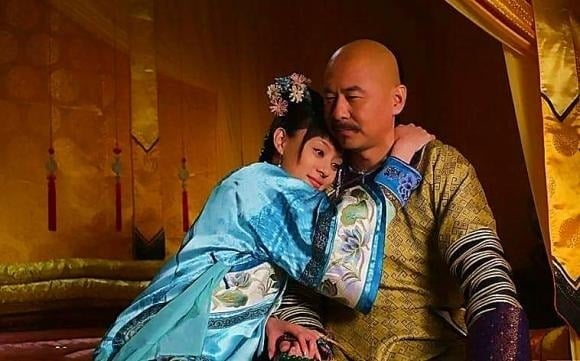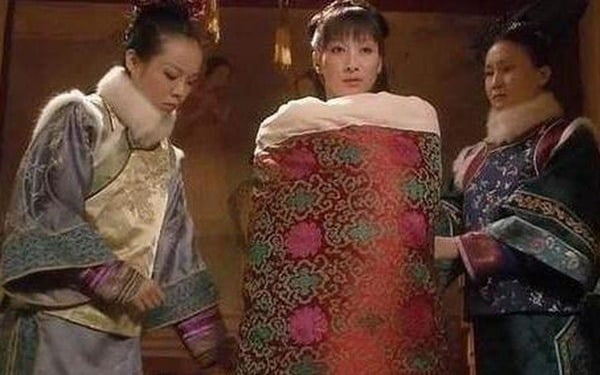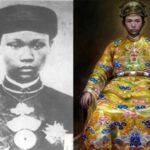The imperial court during the feudal era was a complex and hierarchical system, with the Emperor at its pinnacle. One of the intriguing aspects was the large harem consisting of countless concubines and beautiful women. A unique set of unspoken rules governed the interactions between the Emperor and his concubines, especially during intimate moments.
This text delves into the strict rules imposed on concubines during the Qing Dynasty, including the requirement to remain silent and expressionless during the Emperor’s visits. The exploration continues by examining the underlying reasons for these regulations, which aimed to maintain the Emperor’s image of authority and sophistication.

The life of concubines during this period was far from glamorous. They endured a stringent set of rules, including a peculiar protocol for intimate encounters. The prohibition on vocalizations during these moments was not formally documented but was an unwritten law that was strictly adhered to.
This rule was rooted in the stringent management of the Imperial Harem by the eunuchs, creating a tense and uncomfortable atmosphere during the Emperor’s visits. The Emperor, conscious of his image, wanted to avoid any embarrassing situations or displays of excessive desire. Thus, the rule was implemented to maintain his aura of power and refinement, with little regard for the well-being of the concubines.
Concubines Were Not Allowed to Wear Clothes During Imperial Visits
The process of selecting concubines for the Emperor’s visits was a meticulous one. It involved a system of flipping boards with the names of potential candidates, depending on the Emperor’s mood. Some concubines were favored frequently, while others waited for years or even decades for their turn.

The chosen concubine had to undergo a peculiar preparation ritual. She was required to disrobe entirely, wrap herself in a blanket, and be led by eunuchs to the Emperor’s chamber. Even when approaching the imperial bed, she had to follow strange rules, such as crawling under the blanket to reveal her legs when approaching the Emperor. After the encounter, she had to crawl backward out of the bed and was not allowed to stay the night with the Emperor.
This unusual rule of disrobing served a purpose—to protect the Emperor from potential threats. History witnessed instances of emperors being assassinated by concubines or palace maids. During turbulent political times, such as the Ming-Qing transition, this precaution became even more stringent, reflecting the volatile nature of the era.
Why Did Emperor Qianlong Order the Destruction of Yan Wenjing’s Tomb?
“The enigmatic Emperor Qianlong’s unexpected orders to raze the tomb of Dian Wenjing, a trusted courtier favored by Emperor Yongzheng, shocked the court and left historians with intriguing questions. This intriguing episode, which occurred after the imperial sacrifice at Tai Ling, sheds light on the complex dynamics of imperial China and the enigmatic decisions of its rulers.”
Why Did Consorts Need to Be Escorted After Bedding the Emperor?
The intrigue and mysteries of the imperial harem have long fascinated historians and enthusiasts alike. One such intrigue is the practice of consorts being escorted back to their quarters after an intimate encounter with the emperor. This was no mere courtesy, but a pivotal protocol within the confines of the forbidden city.
Unveiling the Enigma: The Mystical Vietnamese Monarch and His Ferry Bride
Emperor Thanh Thai was not only renowned for his patriotism and unwavering dedication to the anti-French resistance, but he also left a legacy of intriguing tales from his imperial harem. The tales originated from his rather lenient and permissive approach to selecting his concubines, according to historical anecdotes.





































